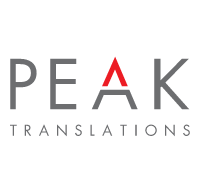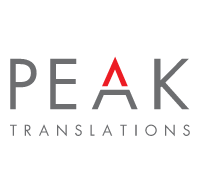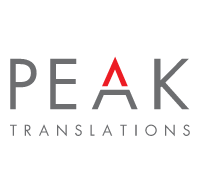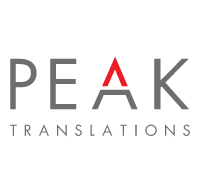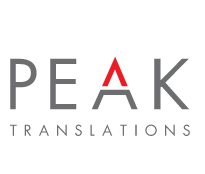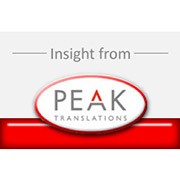Are translation services under threat from automation?
8 April 2016The language industry, according to the EU translation service, is growing faster than any other industry in the country thanks to an increase in global trade and communication. The question of whether automation of the translation industry could turn into a benefit or hindrance is a difficult question to answer because of the nature of technological advances.
The UK’s Automation and packaging industries have achieved autonomy with great success, becoming what is known as ‘future proof industries’ by utilising the concepts of Industry 4.0 to create ‘smart factories’. The theory behind this concept involves the Internet of Things, where raw materials and equipment are interconnected, communicating through IP addresses stored in microchips via Cloud technology. Thus, allowing them to move through the manufacturing process independently.
While this is exciting news for some business owners looking to cut costs, it is not for many workers who are potentially facing redundancy. Whether automation could be achieved in the translation industry is still unclear.
European translation services are worth over £12 billion, the sheer breadth of use is staggering and somewhat overlooked. While the subtitling of films and television programmes is an example most people will have come in contact with at some point in their lives, interpreting in court, translating legal documents and telephone interpreting are amongst those that aren’t ubiquitous in the consciousness of the general public. Translation is paramount in many professions, a single contract, for example, was obtained for £300 million to complete the exact list of services above.
The fees paid for this contract beg the question, what is it about professional translation that government agencies and businesses believe warrants this amount of money?
To fully understand this, we must first look at Machine Translation (MT) and Computer Assisted Translation (CAT) services and how they have progressed since they first became available to the public. Yehosha Bar-Hillel started research for Machine Translation in 1951 at MIT; it wasn’t until 1991 that it became commercially available through Russian University, Kharkov State and a further five years until it was available online with Systran. Even at this early stage, funding was extremely close to being pulled as it was suggested, in a report from ALPAC, that MT could not compete with human translation quality.
Since then, the advancement in this technology has been vast. After 15 years of research, the latest development in automated translation services, Microsoft’s ‘Star Trek’ voice translator, was unveiled at its pre-launch as a new service using Skype. The software can understand spoken words, translate them into another language and speak back to them in real-time.
Modelled on the universal translator, utilised by Captain Kirk and the crew of the Starship Enterprise, the tool, demonstrated in a three-minute conversation, translated English into Chinese. Like many Machine Translation services, the few ‘minor mistakes’ reported with the translation epitomise the pitfalls present when relying on this technology in contrast to a professional translation service.
Even the most advanced Machine Translators services require thorough checks by a professional translator. Any translation will expect to pass through four key stages: translation agency, global multi-language vendors, corporate translation department and an external reviewer or subject matter expert.
It only takes a quick Google search to find pictures of translation mistakes that can jeopardise the credibility and reputation of a company in a foreign market. Professional translation services employ a team of translators, many of whom have specialisms such as law, HR or manufacturing. The best translators are those that understand the language needed to resonate with an audience; this comes with a holistic understanding of not only that area but the subject matter being translated and the aims of the brand.
With over 6,000 languages in the world, it is not surprising that, with the rise of the internet and the globalisation of services, professional translators are highly sort after. Checking the credentials of a translation service or freelance translator should be one of the first points of call for a business needing to translate material.
Helen Provart, Managing Director of Peak Translations, “It is widely believed that despite continuous development, Machine Translation will never fully automate the role of a professional translator. The Statistical Machine Translation programmes Google Translate use gather information over time to statistically offer you the most relevant combination of translation. This has its practical uses, such as determining a document’s native language, informal conversation or to give you a vague understanding of a foreign website or text. It is clear however, that businesses should not rely on it for professional use.”
Peak Translations provide a full range of translation services available to businesses of all sizes. As a professional translation service, it offers businesses the opportunity to create clear communication for world-class results by localising your marketing materials, conveying important messages in legal documents, letters or emails, in addition to creating suitable, relevant, corporate and other market-facing materials.

